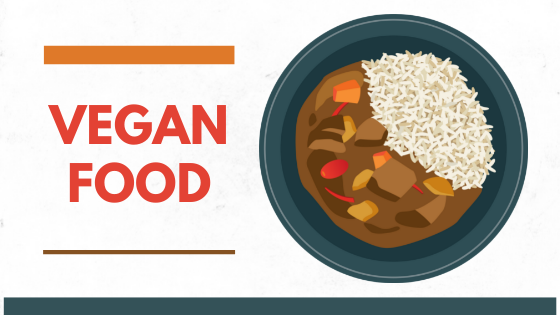Probiotics, or “good” bacteria, are found in foods like yogurt and kefir, as well as supplements. They’re also found in the human body, where they can be beneficial. Prebiotics are non-digestible ingredients used to promote the growth of probiotics (and other bacteria).
Probiotics were first used in the early 20th century as part of a treatment for patients with infectious diarrhea. The health benefits of these “good” bacteria have since been well documented. These days, probiotics are often used by people with allergies and digestive disorders such as irritable bowel syndrome (IBS).
Probiotics help maintain a healthy balance of gut bacteria . As we age, our bodies change how they digest food and process waste — which can lead to some unpleasant symptoms like gas, bloating, constipation, diarrhea, abdominal pain and more. Eating probiotic-rich foods may help keep your gut healthy by promoting proper digestion and helping you absorb nutrients from food better than before you began taking probiotics. Probiotics are also found in fermented foods like yogurt, sauerkraut and kefir, which you could try eating more of if you’re looking to get more probiotics into your diet.

Probiotic supplements are available at drug stores and health food stores. They may be able to help with certain gastrointestinal issues like diarrhea caused by antibiotic use or irritable bowel syndrome (IBS).
How About Prebiotics?
In addition to probiotics, there are other types of healthy bacteria that can help support your digestive system. Prebiotics are dietary fibers that feed these probiotic bacteria and promote their growth — a process called synbiosis . Synbiotics are foods that contain prebiotics and probiotics together (for example, yogurt with active cultures). The best way to get prebiotics is by eating foods high in fiber. These include fruits and vegetables like bananas, applesauce, berries, broccoli and spinach.
Are There Any Synbiotic Supplements?
There are a few synbiotic supplements on the market. They contain a combination of prebiotics and probiotics that have been shown to help support digestive health. One example is Seed supplement, which contains a mix of prebiotics, probiotics and fiber. It’s available online.



